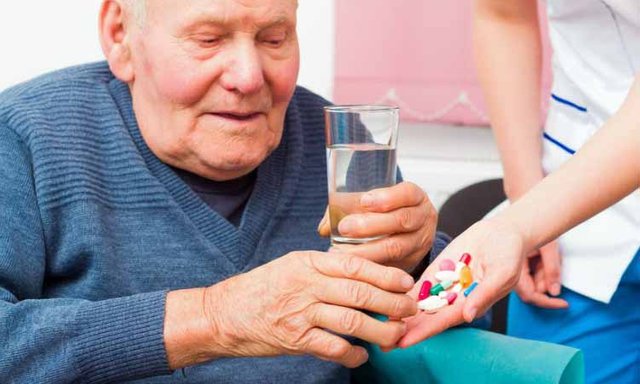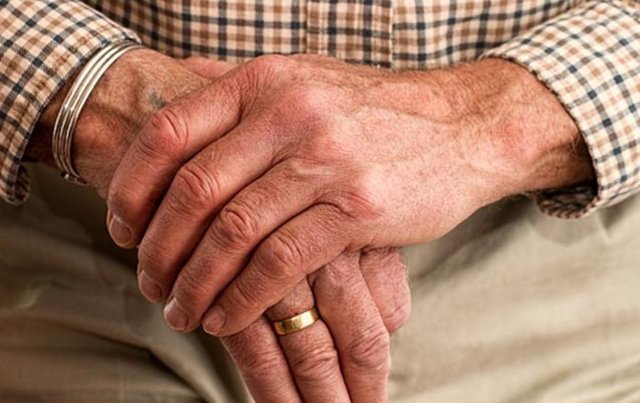Parkinson's disease - Symptoms - Treatments
What is Parkinson's Disease?
Also called Parkinson's disease, idiopathic parkinsonism, agitation paralysis or simply Parkinson's disease, is a neurodegenerative disease. Parkinson's disease occurs when nerve cells (neurons) do not produce enough important chemicals in the brain known as dopamine. When Parkinson's disease occurs, neurons that produce dopamine die slowly, produce agitation (tremors), and difficulty walking and moving.
Some cases are genetic but most do not seem to be between members of the same family.

Risk Factors for Parkinson's Disease:
The symptoms of Parkinson's disease only occur when about 80% of the neurons are destroyed. The cause of this destruction is still unknown, which makes Parkinson's disease considered an idiopathic disease, that is, without a definite cause.
Symptoms begin slowly, in general, on one side of the body. Then they affect both sides. Some are:
- Age: Parkinson's disease in most cases occurs after age 60. It is rare to find patients with Parkinson's disease before the age of 40 years.
- It is one of the most common nervous system problems in older adults, but it may appear earlier.
- It is much more common among men than among women.
- Traumas in the skull: isolated or repetitive, as in boxers, can damage dopaminergic neurons.
- Contact with pesticides: certain chemical substances can cause neurological damage that leads to Parkinson's.

Other common symptoms of Parkinson's disease:
- Loss of facial expression (apathetic expression)
- Reduction of the blinking.
- Changes in speech
- Increased salivation.
- Blurry vision.
- Micrography (changes of writing and the letters become small).
- Urinary incontinence.
Prevention:
In recent years, multiple studies have been conducted in order to identify exogenous factors that could modify the risk of developing Parkinson's disease. Through retrospective studies of cases and controls, an attempt has been made to relate the regular consumption of nonsteroidal anti-inflammatory drugs and certain vitamins with a lower risk of contracting the disease, but the results obtained are contradictory and it is not possible to infer that the consumption of these drugs reduces the risk.
The progression of Parkinson's disease is very variable and there are no symptoms or signs that can accurately predict how the disease will evolve in the long term in each patient. However, the review of some studies can provide us with a broad view on the evolution of the disease
Treatment:
The treatment of Parkinson's disease consists of improving, or at least maintaining or prolonging the functionality of the patient for as long as possible. Currently, the treatment can be of three types: pharmacological, surgical and rehabilitative.
In addition to medication treatment, the practice of physical exercises regularly is important to decrease the motor symptoms of the disease.

In 1997, the World Health Organization established that World Parkinson's Day would be celebrated on April 11, with the aim of increasing awareness of the needs of people suffering from this disease.
This date was established because it corresponds to the birth of James Parkinson, the British doctor who first described the "agitation paralysis", a term that he coined.

https://www.mdsaude.com/es/2016/12/enfermedad-de-parkinson.html
https://medlineplus.gov/spanish/ency/article/000755.htm